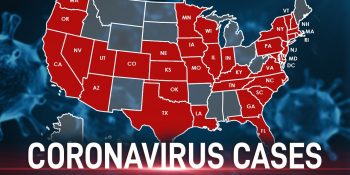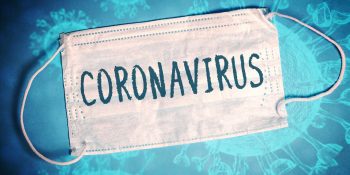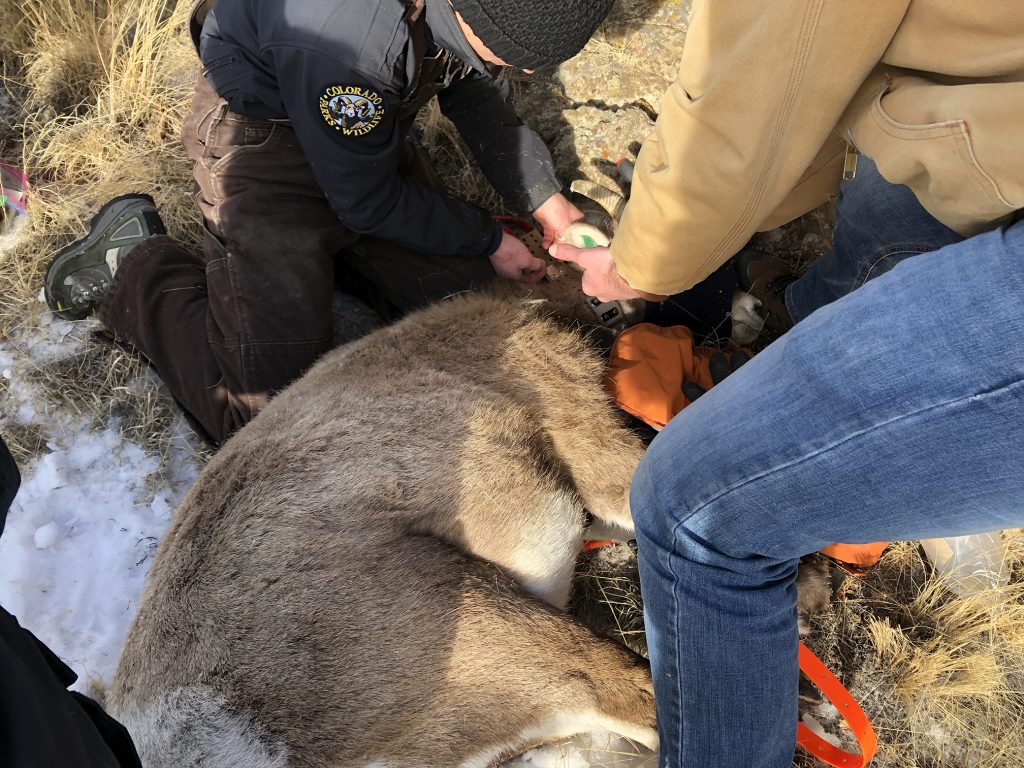CDPHE confirms limited community spread of COVID-19 in Colorado
DENVER, March 11, 2020: The Colorado Department of Public Health and Environment (CDPHE) identified 10 new presumptive positive cases of COVID-19, based on overnight testing results. The 10 new presumptive positive cases are in Pitkin, Eagle, Gunnison, Denver, Jefferson, and Arapahoe counties. That brings the total number of presumptive positive cases to 27, with one indeterminate case that public health is acting on as a presumptive positive. The state lab has run tests on approximately 300 people in Colorado since testing started on February 28.
Based on the information CDPHE is receiving from presumptive positive cases, CDPHE has reason to suspect we are seeing limited community spread in Colorado. The Governor’s office will be holding a press conference at 5 p.m. tonight with more details. CDPHE has recommendations for ways to limit further community spread below.
Case 1:
Gender: Male
Age: 70s
County of residence: Eagle
Exposure: Under investigation
Case 2:
Gender: Female
Age: 50s
County of residence: Gunnison
Exposure: Under investigation
Case 3:
Gender: Male
Age: 50s
County of Residence: In Pitkin County, but resident of Australia visiting Aspen
Exposure: Travel, close contact with individuals
Case 4:
Gender: Female
Age: 20s
County of residence: In Pitkin County, but resident of Australia visiting Aspen
Exposure: Travel and contact with individuals
Case 5:
Gender: Female
Age: 70s
County of residence: Jefferson
Exposure: Travel
Case 6:
Gender: Male
Age: 70s
County of residence: Jefferson
Exposure: Travel
Case 7:
Gender: Female
Age: 50s
County of residence: Gunnison
Exposure: Under investigation
Case 8:
Gender: Male
Age: 40s
County of residence: Denver
Exposure: Travel
Case 9:
Gender: Female
Age: 80s
County of residence: Arapahoe
Exposure: Under investigation
Case 10:
Gender: Female
Age: 60s
County of Residence: In Pitkin County, but resident of Australia visiting Aspen
Exposure: Travel, close contact with individuals
Limited community spread (or transmission) means there are cases and outbreaks in certain communities where people became infected, and we are unable to identify the source. Limited person-to-person spread (or transmission) means a person in Colorado became infected from a known exposure to another person in Colorado.
For limited community spread, community-based interventions such as school dismissals, event cancellations, and creating employee plans to work remotely can help slow the spread of COVID-19. If there is ongoing spread in a community, local and state officials, in consultation with federal officials when appropriate, will make decisions about implementing community interventions based on the scope of community spread. Community interventions may be different for each community.
No matter where you live, everyone should practice daily preventive actions to reduce the risk of transmission, especially to people who may experience more severe illness. People in high-risk categories include: • Older people (over age 60), especially those over 80 years.
- People who have chronic medical conditions like heart, lung, or kidney disease, or diabetes.
- Older people with chronic medical conditions are at greatest risk. Other ways people can help reduce the spread of COVID-19 in communities: • Stay home when sick.
- Don’t shake hands in greeting — instead bump fists or elbows.
- When possible, increase the distance between people. Six feet is a distance that reduces the transmission of the virus.
- If there is active transmission between multiple people in your community, consider reducing the number of large group gatherings.
- Try to go out as little as possible.
- Discourage children and teens from gathering in other public places while school is dismissed to help slow the spread of COVID-19 in the community. • Consider ways of getting food brought to your house through family, social, or commercial networks.
- If you have older or at-risk neighbors/family members check in with them frequently and see if they have any specific needs.
These measures could reduce the strain on local health care systems and help ensure that those who need treatment are able to get it.
State officials will share more information at a press conference at 5 p.m. today at the Governor’s Office at the state capitol. Media advisory to follow.
To ensure expedience on reporting presumptive positive cases, the state will provide overall testing statistics as soon as we are able on the website.
Continue to stay up to date by visiting colorado.gov/cdphe/2019-novel-coronavirus.
SPREAD THE NEWS
COMMENT, Like, Follow & SHARE @I70Scout
CURRENT EDITION
WEATHER & TRAFFIC PUZZLES RECENT NEWS ADVERTISE WITH US








